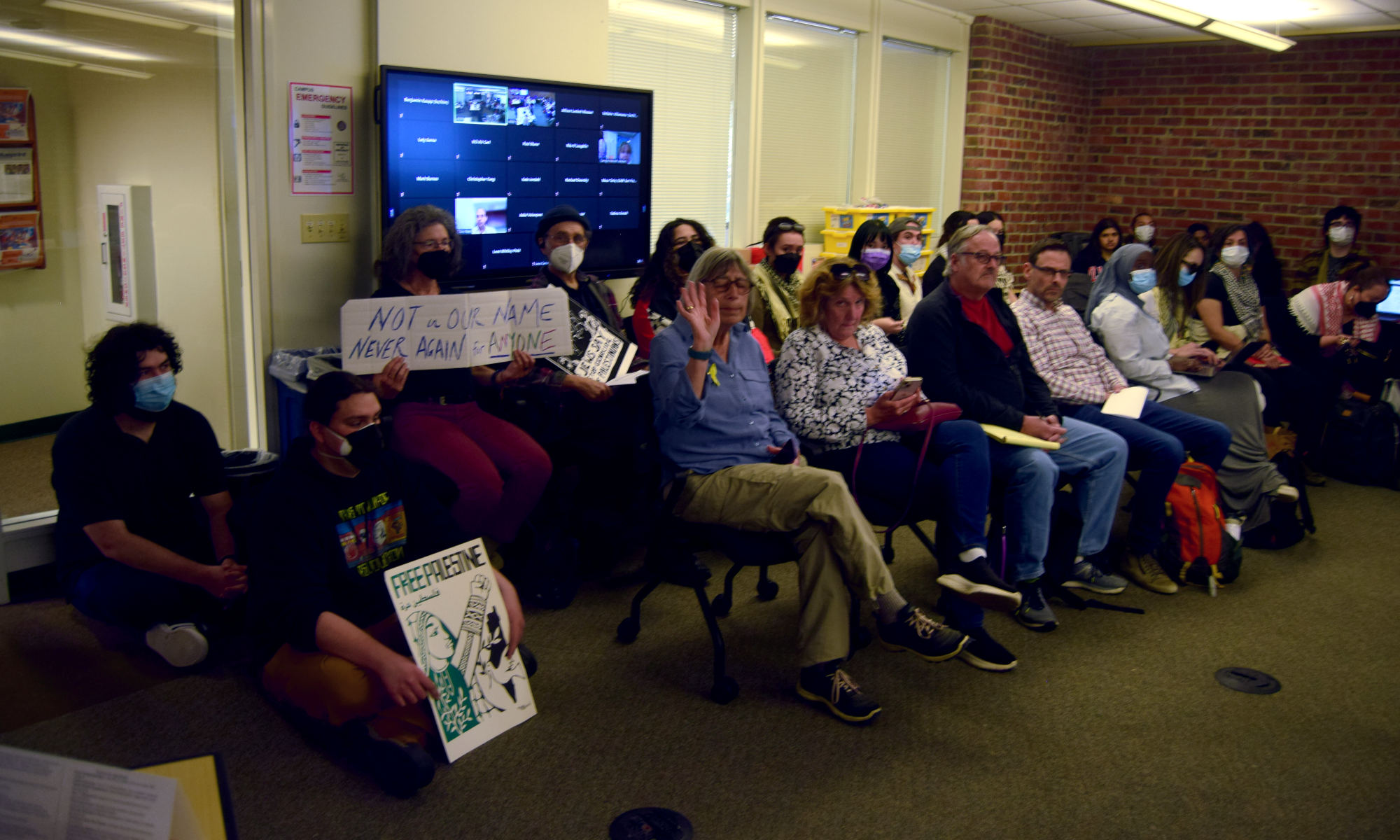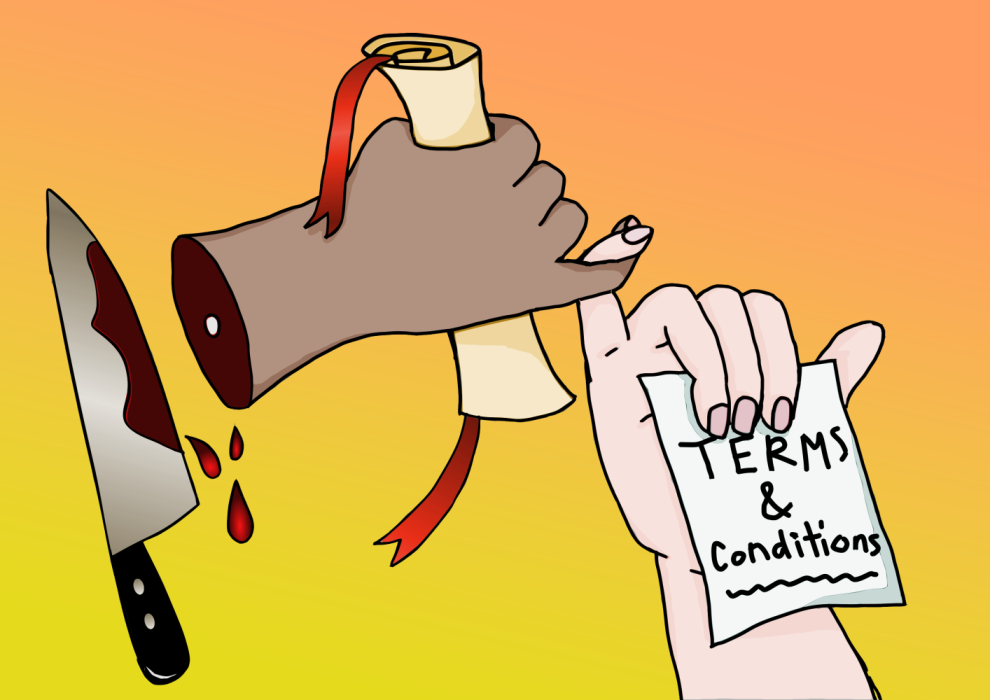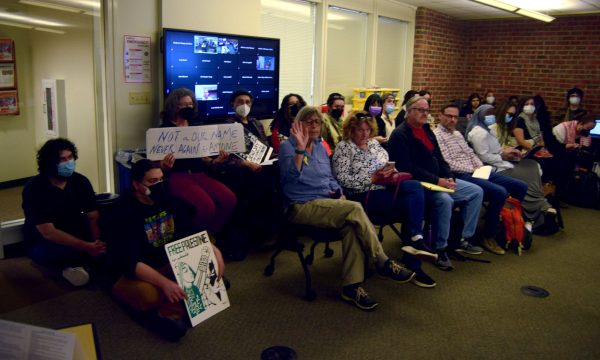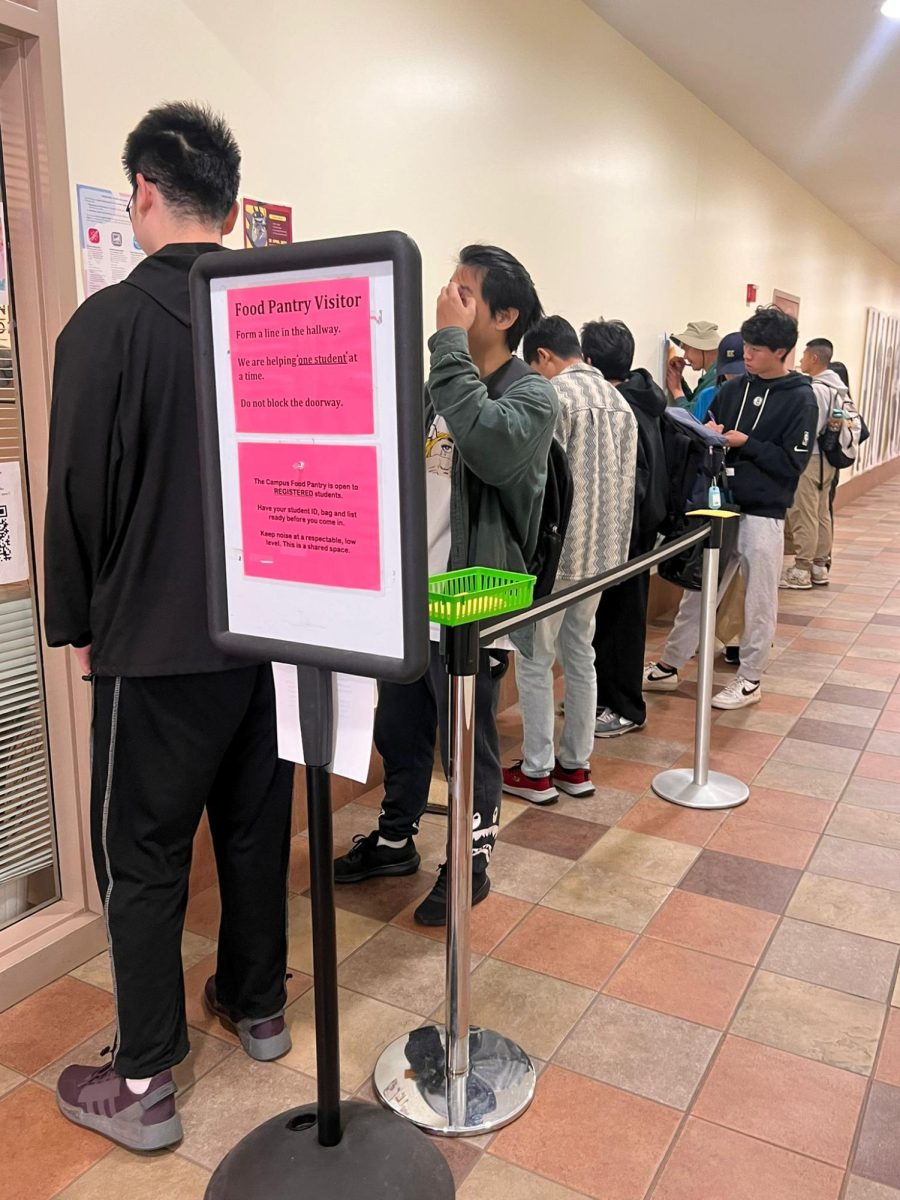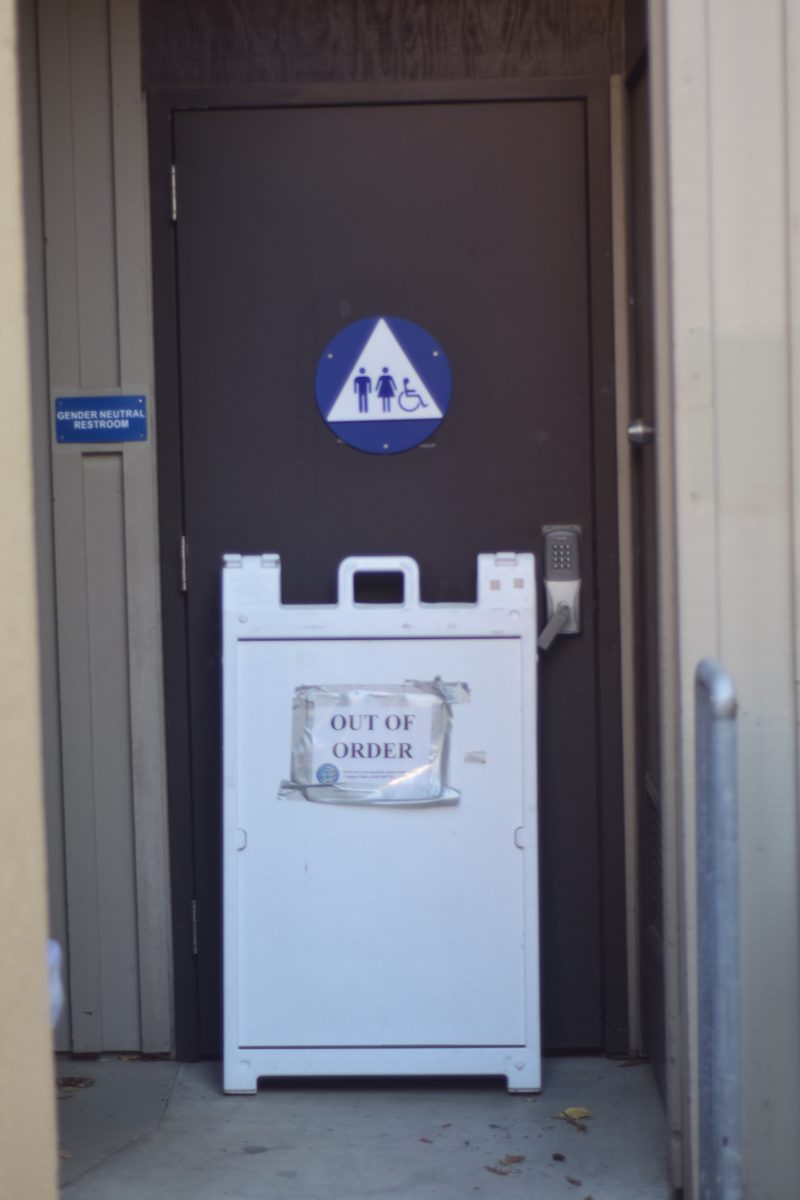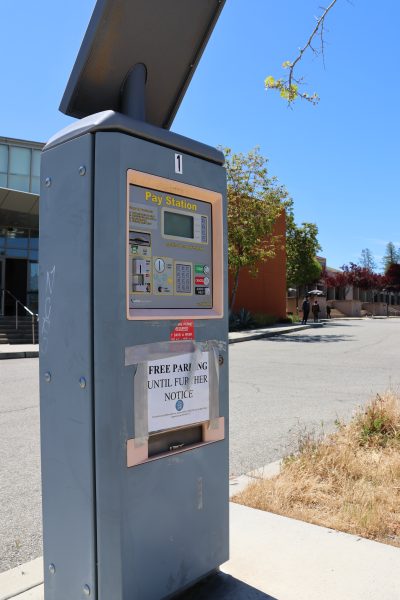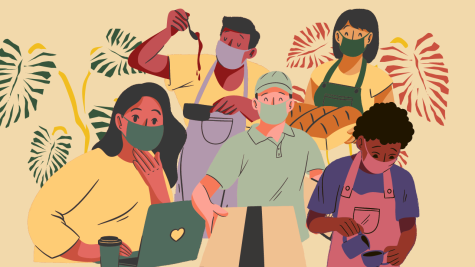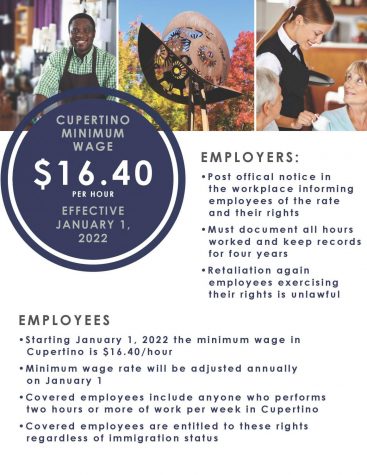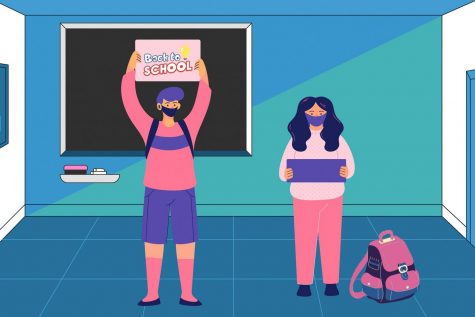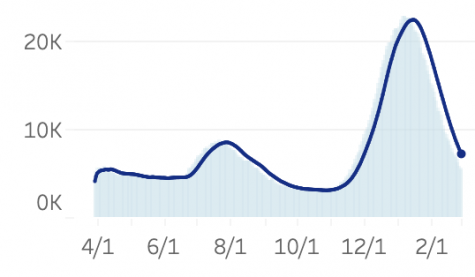Raising the minimum wage does more harm than good
January 18, 2019
Increasing the minimum wage in California is beneficial to students who work, but is detrimental to employees and businesses of all demographics in the community as it can lead to competition, higher prices and other problems.
With California’s diverse economic regions, increasing the wage to $15 per hour in urban Los Angeles might be beneficial to employees because it will help afford living in the costly cities and suburbs. But in rural communities such as Fresno, a $15 minimum wage can be detrimental since majority of the employees live on a minimum wage and the cost of living is significantly lower than a metropolitan area.
These two different regions have different cost of livings and raising the minimum wage won’t help when adjusted by inflation.
“If I am making $15 right now at a bank, and someone is making $12 at a fast-food restaurant, and that gets raised to $15, it creates pressure to raise the wages of that bank teller,” said Jerry Newman, a professor at the University at Buffalo’s School of Management, to ABC News. According to a 2017 Bureau of Labor Statistics study, 53.2% of minimum wage employees work in food preparation and serving related occupations.
“They [Restaurants] can raise prices (instead of cutting jobs) to cover the additional costs (of a rate hike),” said Ed Leamer, director of UCLA Anderson Forecast, to UCLA Anderson Review. “Retailers and manufacturers compete internationally and can’t do that.”
Student employees primarily work to pay for academic expenses, housing, gas and food but only support themselves for only a short period of time with their wages.
According to the same 2017 study, 46.1% of minimum wage employees are between 16-24 years old and are never married.
64.7% of the minimum wage employees are part time workers and 77.2% of employees are high school graduates.
“College students do tend to be lower-wage workers,” said Cecilia Rouse, an economics professor at Princeton University, to USA Today. “But college graduates are generally higher-wage workers.”
This contrasts the remaining demographics where employees have to support their families and their reliance on these jobs making them work for a longer time than college students.
The increase of minimum wage also forces employers to raise wages for other positions that earn more.
“Maybe employers cut jobs to cover the added costs,” said Leamer. “Or they pass on those costs to their customers…but that money doesn’t just appear out of thin air.”




